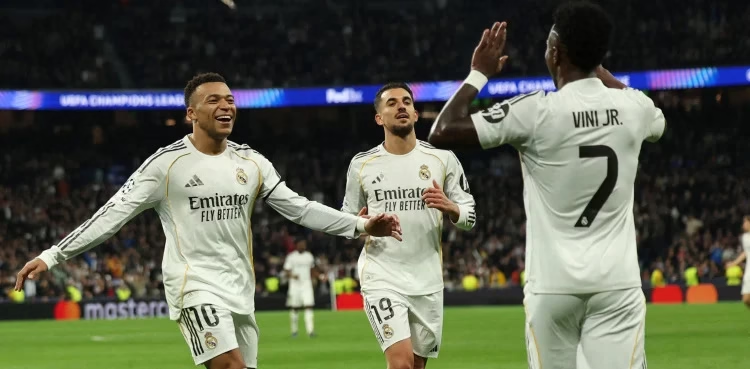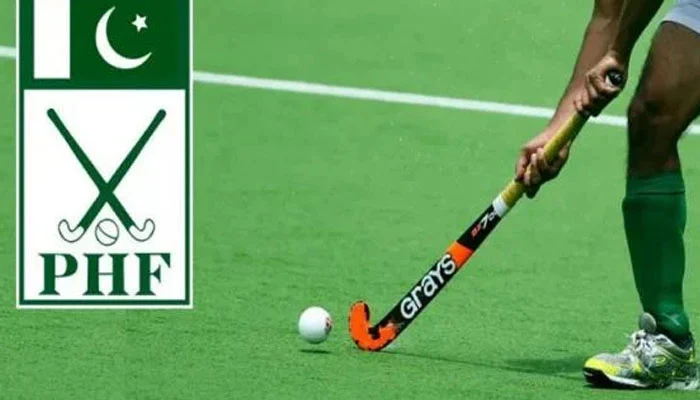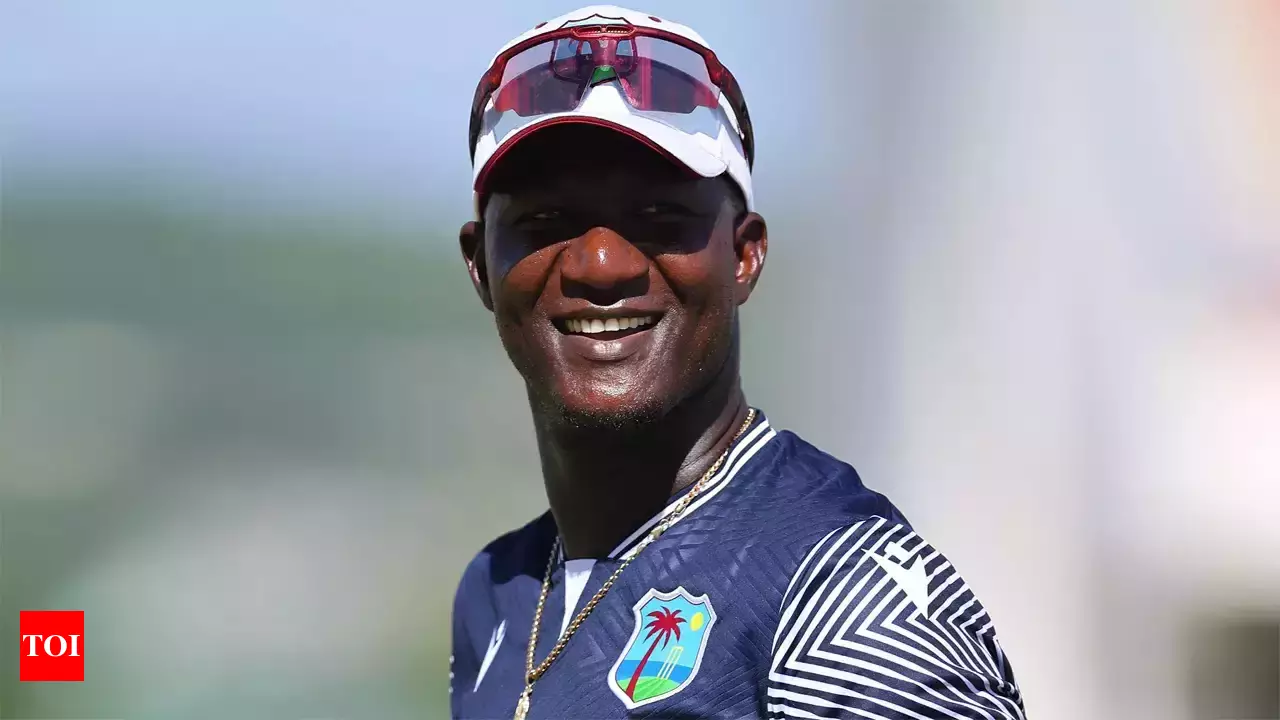Indian Olympic gold medalist Neeraj Chopra recently found himself at the center of a social media storm after inviting Pakistani javelin thrower Arshad Nadeem to the upcoming Neeraj Chopra Classic in Bengaluru. What began as a gesture of sportsmanship turned into a controversy following the recent Pahalgam incident that stirred public emotions in India.
Chopra, widely respected for his athletic discipline and global achievements, personally invited Arshad Nadeem—his long-time competitor and fellow Olympian—to participate in the high-profile javelin event set to take place on May 22. However, two days before the Pahalgam attack, Arshad had already declined the invitation, citing his commitment to the Asian Athletics Championships.
Neeraj Chopra: An Athlete Invited Another Athlete
Amid rising criticism on social media and heated reactions from some sections of the Indian public and media, Chopra broke his silence to clarify the situation. In a detailed statement, he emphasized that his invitation to Arshad Nadeem was purely professional and sent well before any political or security-related developments.
I invited Arshad Nadeem as an athlete inviting another athlete. It was done in the spirit of sportsmanship, not politics. Many top javelin throwers were invited to the NC Classic, and this was simply part of that initiative,Neeraj stated.
He added that the invitation was extended on a Monday—two days before the unfortunate Pahalgam incident occurred. The idea was to create a world-class lineup for the event, showcasing the best javelin talent from Asia and beyond.
The Pahalgam Incident and Media Pressure
After the tragic events in Pahalgam, Chopra became a target of online criticism, with many questioning the timing and intent of the invitation. In response, he reiterated that the safety, security, and sentiments of the country remain his top priority.
The past 48 hours have changed a lot. There is no question of Arshad Nadeem participating now. The country always comes first. I stand with the families who lost their loved ones,Chopra said firmly.
He also condemned the incident, calling it painful, and expressed his condolences to the affected families. Many believe this clarification came as a response to public pressure and fear of being misunderstood amid heightened national sentiment.
Arshad Nadeem’s Schedule and Response
On the other side, Arshad Nadeem had already communicated that he would not be able to attend the event in India. The Pakistani Olympian is currently focused on preparing for the Asian Athletics Championships, a crucial event in his competitive calendar.
While there was no official comment from Nadeem on the political controversy, insiders close to the athlete confirmed that his decision was purely based on scheduling conflicts. Nadeem and Chopra have shared a healthy rivalry on the field, often appreciating each other’s performances and upholding the spirit of sportsmanship, even amid tense diplomatic relations between their countries.
The Bigger Picture: Sports Beyond Borders?
This incident has once again highlighted the complex relationship between sports and politics in South Asia. While Neeraj Chopra’s gesture was intended to showcase mutual respect and unity in the athletic world, it also sparked a debate on whether such interactions should be allowed during sensitive times.
Some fans lauded Chopra for maintaining professionalism and putting sports above politics. Others criticized the timing, arguing that national interests should outweigh individual connections—even in international sports.
What Lies Ahead?
The Neeraj Chopra Classic, scheduled for May 22 in Bengaluru, will go on without Arshad Nadeem, but the story surrounding it may continue to unfold. While Chopra has made it clear that his invitation was sent in good faith, it’s evident that athletes, especially in India and Pakistan, often face challenges beyond the track or field.
Neeraj’s clarification may help put the matter to rest, but it also raises important questions: Can sports truly remain neutral in the face of political conflict? Should athletes bear the weight of national sentiment?
As the world watches, one thing is certain—sports, especially between rival nations, can be both a bridge and a battleground. For now, Chopra has taken a stand, reaffirming his commitment to both his country and his role as a global sports ambassador.



